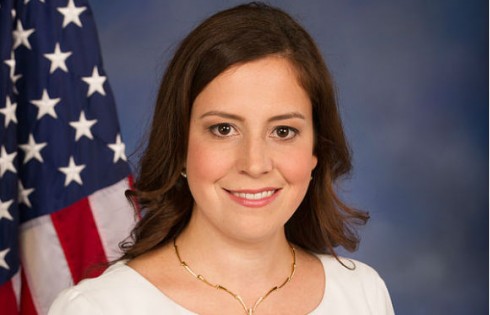
Argues it could be illegal
The faculty senate at Texas A&M university recently voted 54-12 to endorse the aims of a professor recruitment initiative that specifically excludes white and Asian applicants along with other diversity efforts.
However, one professor spoke out against the Accountability, Climate, Equity, and Scholarship Faculty Fellows Program and called it “immoral” during the senate meeting.
The resolution called on the university to “support the goals of such programs as ACES and Aces PLUS,” although some faculty argued that the measure did not endorse the specific initiative.
A stated goal of the initiative includes a faculty racial composition that matches Texas, which would mean fewer white and Asian professors.
A memo from the provost and the vice president for faculty affairs explained that the ACES program wants “African Americans, Hispanic/Latino Americans, Native Americans, Alaskan Natives, and Native Hawaiians” to apply.
According to the memo, funding “will be used to provide 50% matching base salary and benefits, up to a maximum contribution of $100,000 (salary and fringe) for new mid-career and senior tenure-track hires from underrepresented minority groups.”
Adam Kolasinski, a faculty senator and finance professor, urged his fellow senators to vote against the resolution, both because litigation was ongoing and because he said he believes the program to be “immoral.”
The program is a target of a lawsuit from University of Texas-Austin Professor Richard Lowery and the conservative America First Legal nonprofit.
The lawsuit argues that Texas A&M’s “proclaimed goal of establishing a faculty whose racial composition attains ‘parity with that of the state of Texas’ seeks to achieve racial balancing, which is flatly illegal under Title VI and the binding precedent of the Supreme Court.”
TAMU spokesman Laylan Copelin said the university will soon respond to the lawsuit.
“The suggestion there is widespread discrimination in Texas A&M’s hiring process is false,” Copelin wrote in his email to The College Fix. “The specific program cited in the lawsuit is brand new and no one has been hired under it.”
Kolasinski disagrees with that assessment.
“I suspect that, for many of them, their strong conviction in the righteousness of their cause blinds them to the reality that the program is very likely to be declared illegal by the court, as several lawyers have advised me is the case,” Kolasinski (pictured) told The Fix via email, explaining why the senate voted to endorse a program that is facing legal action.
He also said the ACES Program will disproportionately harm Asian and white faculty.
“The memo announcing the program … explicitly limits eligibility to Black, Latino, American Indian, or Native Alaskan or Hawaiian faculty candidates. That clearly excludes whites and Asians, as well as many other groups,” he said.
He pointed out another flaw in the program.
“One bizarre implication of the memo’s language is that Native Hawaiians are eligible, but Native Samoans are not,” the professor said. “Since faculty positions are necessarily scarce, creating new positions that can only be filled by members of certain racial groups necessarily hurts the opportunities of members of the excluded groups.”
Universities should consider intellectual diversity in hiring, the professor said, but should not be focused on identity politics.
“The purpose of any university is (or should be) to discover, preserve and disseminate knowledge,” the finance professor told The Fix when asked about diversity hiring. “The racial and sexual demographics of the faculty are irrelevant to this purpose, so racial and sexual diversity should be ignored.”
“On the other hand, other forms of diversity can help the university achieve its purpose,” he wrote.
He gave the example of when his department hired a professor who studied consumer finance in a way that is different from his colleagues.
“By adding a new set of methodological approaches to my department’s research, as well as a new set of topics, my new colleague enhances our ability to discover and disseminate knowledge,” he said.
MORE: Penn business school offers new DEI concentration
IMAGE: Kolasinski Accounting and Finance
Like The College Fix on Facebook / Follow us on Twitter






Please join the conversation about our stories on Facebook, Twitter, Instagram, Reddit, MeWe, Rumble, Gab, Minds and Gettr.